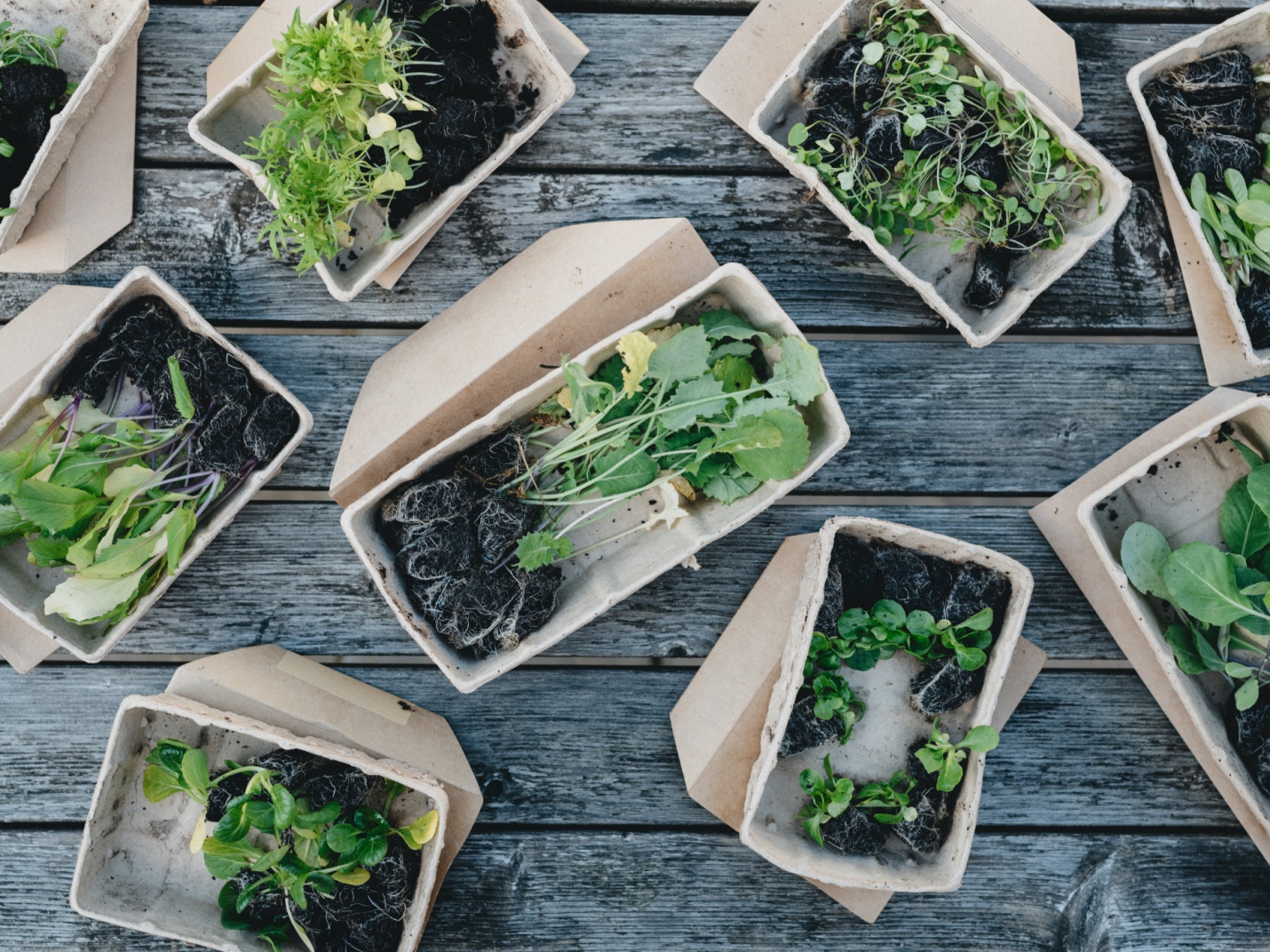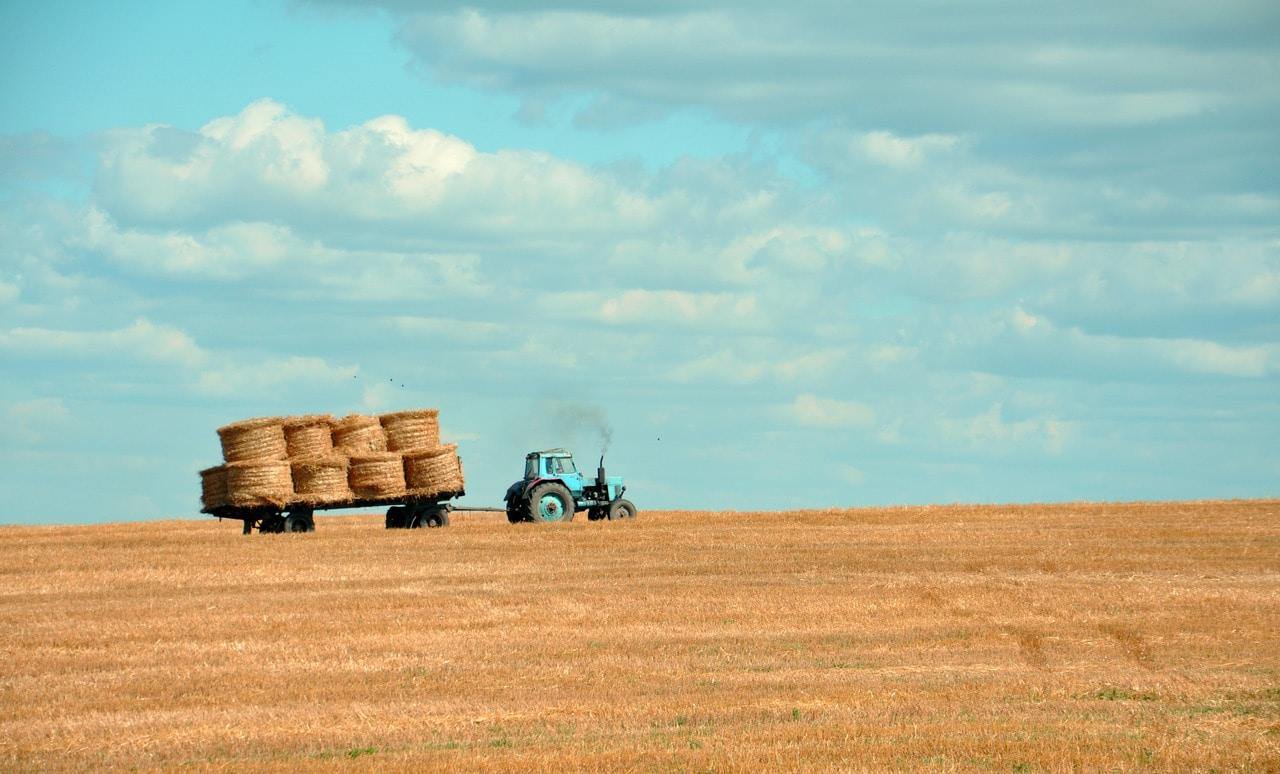With more and more people concerned about climate change and looking at new ways to become environmentally friendly, eco-friendly eateries, restaurants and food stands are popping up all over the United States. Whether you own a restaurant now and want to make it eco-friendly or you want to start from scratch, there are things to consider when planning to operate an eco-friendly eatery. For tips and tricks on how to operate an eco-friendly eatery, read on.
Think Biodegradable

One of the first things to consider when becoming environmentally friendly is about what supplies you’re using. Plastic straws, for example, are dangerous to sea dwelling creatures and often wind up hurting innocent aquatic animals because they aren’t biodegradable. When considering things like coffee stirrers, straws, forks, spoons and other utensils; you must do your homework. Not all utensils are made up of the same materials. While you may pay more for biodegradable supplies, you’re at the same time sticking to your brand and showing eco-conscious customers that you keep your promises which will pay off over the long term.
Reuse and Repurpose

There’s something which is not only environmentally conscious in repurposing old appliances, but fun as well. Instead of running off to the first restaurant equipment supply company to replace that old oven, or to get parts for an old fridge, consider buying used or vintage ware. Junk yards, flea markets, estate sales and public auctions are all examples of places where you can find older appliances and, for a fraction of the cost, have them fixed up too. In doing so, you are helping Mother Nature and putting some money back in your pocket at the same time.
When considering reusing, think about repurposing too. If that old oven can’t be fixed, consider other ways that you could use it in your eatery. Could a piece of wood be put over it to make it into a counter or a table? What could the oven itself be used for? When stripped of grills and the heating element, it might even be a great spot for a Little Free Library filled with books all about the environment; again both nodding at your brand and showing your customers that you’re serious.
Earth-approved Disposals

Some newer restaurant workers aren’t even sure how to dispose of used cooking oil properly. All over the country, staff will let it sit for a while and then throw it in the regular trash; entirely unaware of other, more eco-friendly, options. Other trash is no different as every year, thousands of commercial kitchens are so busy cooking up meals and serving customers that not much thought is put into how to handle the waste. If you are serious about the environment, this is an opportunity to make a big difference.
Take a look at your land. Are you renting space for your eatery or do you own it? If you have the ability, consider putting up a compost pile out back where staff are trained to properly handle trash. Mother Nature will most certainly thank you for it.
Community Donations and Events

There’s more to an eatery than the menu. While you might want to consider cooking with entirely organic foods, another thing to consider is how you’ll use your brand to make a difference. If a compost pile isn’t something that you can do, there’s another way to get rid of unused food. You could call the local food pantry or churches and ask them about making donations for the area’s homeless population.
Community events and involvement is another way to bring your eatery more business, and create brand awareness. Offer educational nights with speakers who talk about the environment and how to be more Earth conscious. Host a series of free classes on vegan dishes. Hold a movie night and feature a documentary on how to leave cleaner and leave a lighter energy footprint. The opportunities for educating and welcoming the community to your eatery here are limitless.
What about a community garden where you work with local customers and anyone interested in learning to grow their own vegetables and herbs? Not only could it become a restaurant food source, but it would be a way to get word about your restaurant out there. Consider calling the local high school and community college too. Some have agricultural programs and intern students who might be interested in helping you.
Buying and Growing Local

When it comes to food supplies for your place of business, nothing says eco-friendly like farm fresh. Not only will buying food from local farmers help the community, but it will mean reducing that energy footprint. Think of the difference you can make by buying eggs from local farmers instead of having them trucked in from all over the country to grocery store chains. Where possible, buy organic and locally.
While the cost might be steeper, there are ways to work around that too. By cooking menu items for only what’s in season to the local area, you can theme your eatery around the seasons and local economy too. If the apple orchard near you is in full bloom, there’s no reason why you can’t host two months of apple-inspired recipes. The same applies to things like maple syrup and pumpkin pie if you were in Vermont, for example.
Do what you can to network with local farmers. Growers in your area will be serious about protecting the environment too. While a dairy farmer may be great for milk and cheese, he or she could also know the woman who owns the local berry orchard as well. Don’t be afraid to ask for local deals in big bulk buys; it’s often easier for farmers to sell locally too.
In the end, operating an eco-friendly eatery can have its challenges. Supplies will often be more expensive and what would be a phone call to regular and national vendors for some, could boil down to a whole lot of homework. But sticking to your brand and the environmentally conscious mission at hand will pay off with loyal customers who appreciate what you are doing for the future of the planet. By sticking close to local roots and engaging the local community, you might be surprised how loyal they will be to you too. Happy cooking!